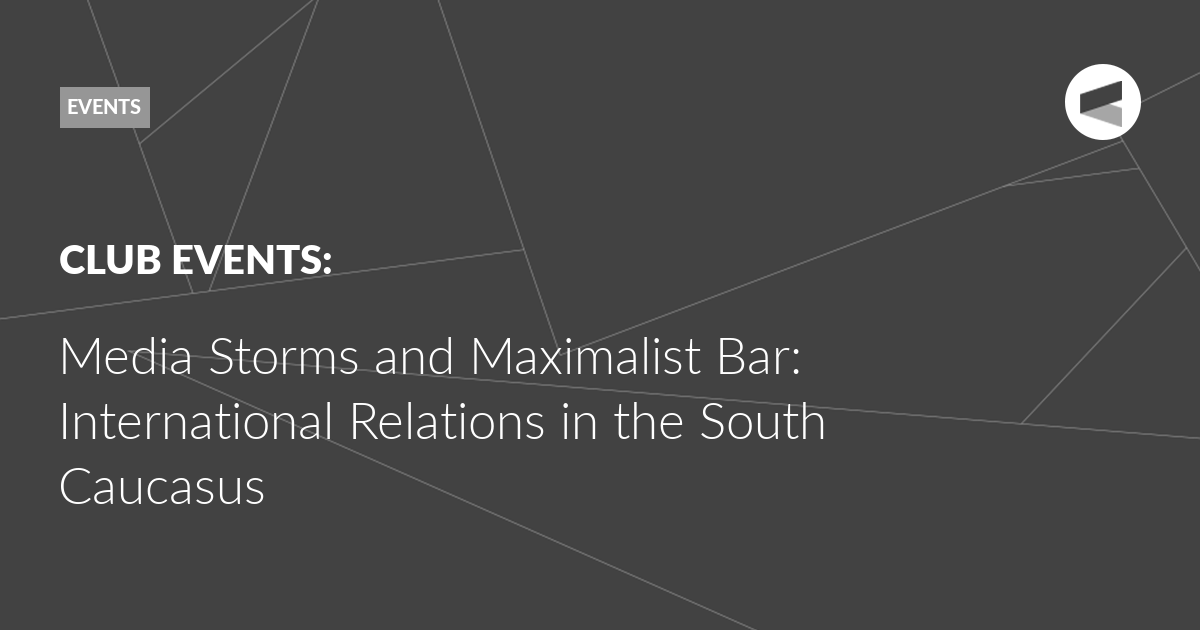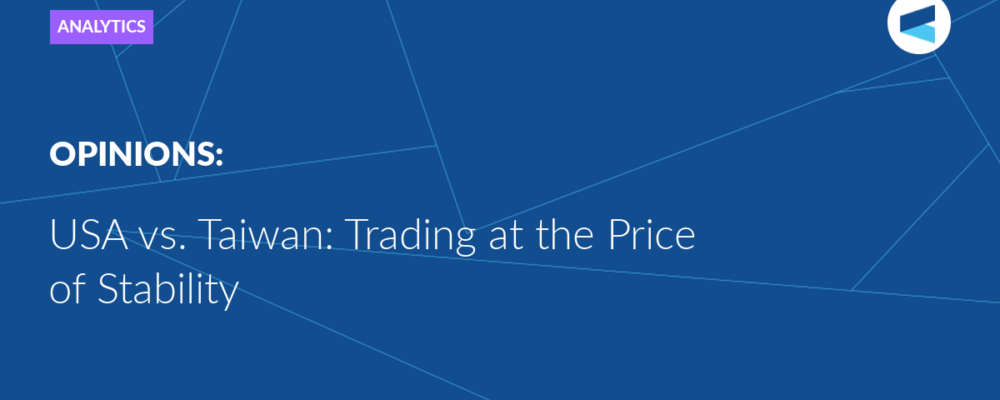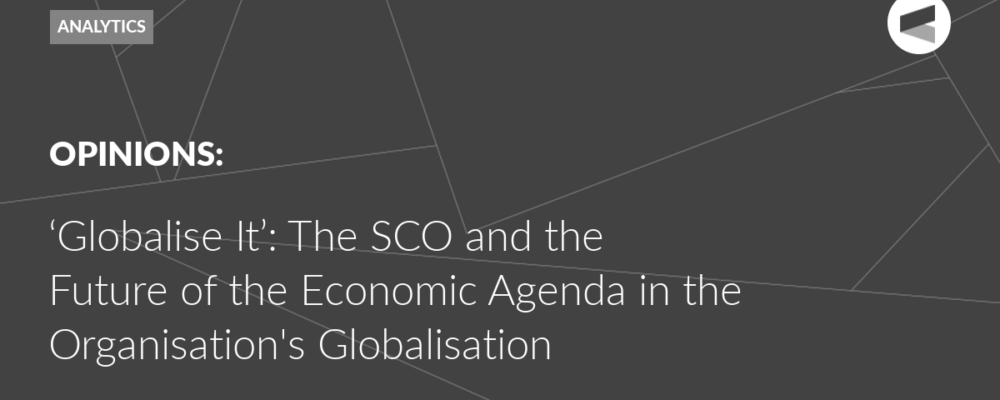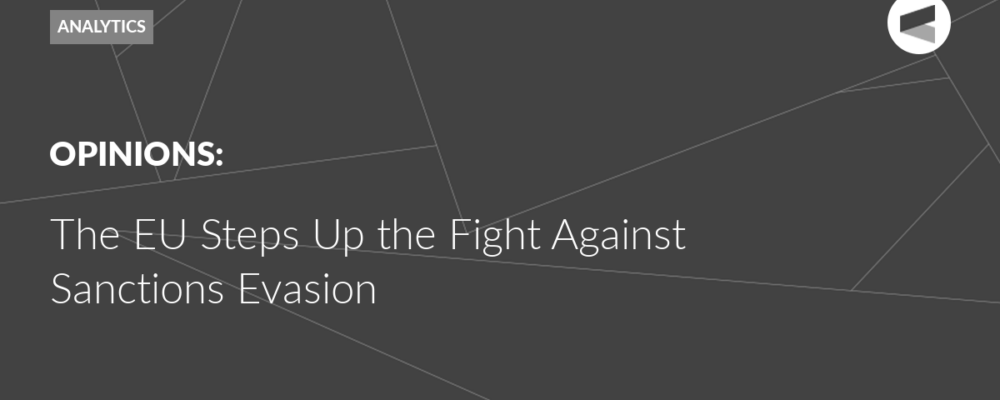On January 23, 2025, the Valdai Club hosted an expert discussion dedicated to Armenian-Azerbaijani relations and Russia’s policy in the South Caucasus. The discussion was moderated by Oleg Barabanov, Programme Director of the Valdai Discussion Club.
Nikolay Silaev, Leading Researcher at the Institute for International Studies at MGIMO University, called for the media agenda to be separated from the diplomatic one and for focus to not be fixated on intermittent “media storms”, but on the constant factors that influence relations in the region. He noted that in recent years, Azerbaijan had enjoyed certain diplomatic achievements, and one of them was the exclusion of mediators from negotiations with Armenia. At the same time, the parties are still far from concluding a peace treaty. He named the special military operation in Ukraine, which is currently distracting Russia, as the second important factor. However, both sides understand that the military operation will conclude sooner or later, and with it the window of opportunity that has existed for some players in the South Caucasus since 2022 will close. According to Silaev, this understanding creates risks, since it can generate excitement that can prevail over rational considerations. Addressing Armenia’s policy, he noted that there is less new to it than one might assume at first glance, since the desire to develop relations with different centres of power is characteristic of the entire history of the current Armenian state. It should be taken into account that over time, taking such a position becomes more difficult and at present the symbolic component is stronger than the real one. Similarly, in relations between Russia and Azerbaijan, it is also important not to exaggerate the significance of the media, the symbolic side of the matter, Silaev emphasised.
Kamran Gasanov, Senior Lecturer of the Department of Theory and History of Journalism of the Philological Faculty of Peoples’ Friendship University of Russia, believes that the obstacles to the conclusion of a peace treaty between Armenia and Azerbaijan are gradually being removed. The issue of border delimitation remains an obstacle, which is being dealt with very slowly. The issue of territorial claims has not yet been resolved, but some progress has been noticeable. If Russia, according to Gasanov, supports the settlement and a positive agenda, then the European Union and the United States, which initially tried to take the leading role in the peace process, “detached themselves” from it through their actions. Gasanov believes that Russia’s positions in the South Caucasus are currently strengthening. The current dynamics in relations with Georgia can be considered evidence of this. Regarding Azerbaijan, Russia adheres to a pragmatic line, actively strengthening cooperation, despite tactical crises. In turn, relations with Armenia are approaching a systemic crisis due to the pro-Western vector of its development.
Alexander Iskandaryan, Director of the Caucasus Institute in Yerevan, pointed out that the Armenian-Azerbaijani conflict, which has long ceased to be called the “Karabakh conflict” and has a much broader nature, has not yet come to an end, and the peace process, in fact, has not moved forward. The preparation of a peace treaty, despite all the optimistic statements of diplomats, is actually stalling, beset by political rather than legal problems. The conflict continues, albeit not on the battlefield. According to Iskandaryan, the parties are now characterised by an asymmetrical vision of the situation. Armenia, having lost the war, sees the conclusion of a peace treaty as a way to minimise risks. Azerbaijan does not feel the risks associated with Armenia, so it can use negotiations as a tool to put pressure on Armenia. In fact, it seeks to exploit its military victory to the maximum, weakening Armenia as much as possible, Iskandaryan stressed.
“The problem with the Armenian-Azerbaijani conflict until the last moment was that the parties themselves did not want a settlement. They wanted a victory, a maximalist bar,” said Sergei Markedonov, leading researcher at the Centre for Euro-Atlantic Security at the Institute for International Studies at MGIMO University. In his opinion, the new status quo is simply a change in the positions of the parties – the losers give in, the winners make a show and go on. “The conflict continues precisely because the parties themselves do not see a compromise settlement,” he is convinced. Discussing the new status quo, Markedonov noted that if earlier the Caucasus was entirely within Russia’s sphere of influence, now Turkey has radically changed many of the inputs and is playing its own game in the region.
The Valdai Discussion Club was established in 2004. It is named after Lake Valdai, which is located close to Veliky Novgorod, where the Club’s first meeting took place.
Please visit the firm link to site






